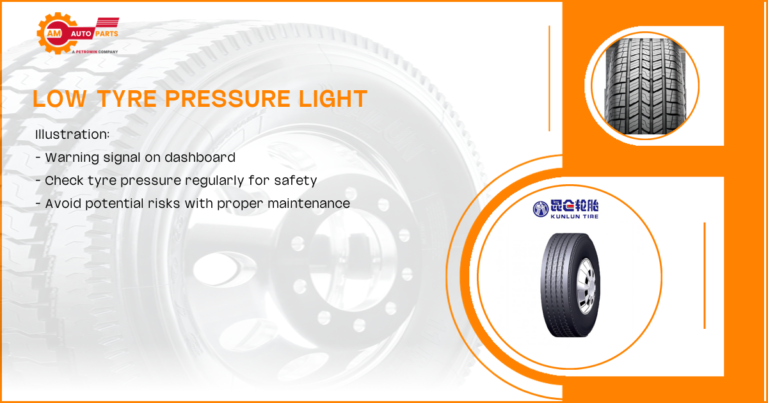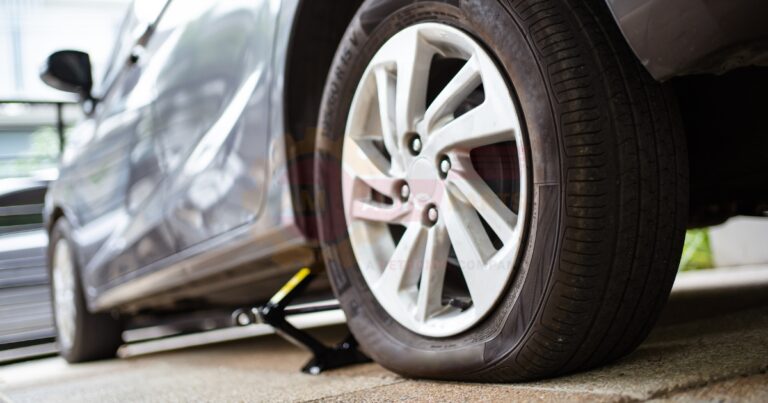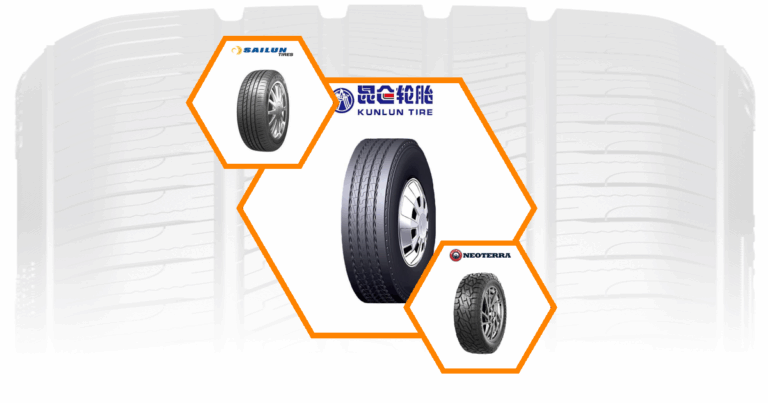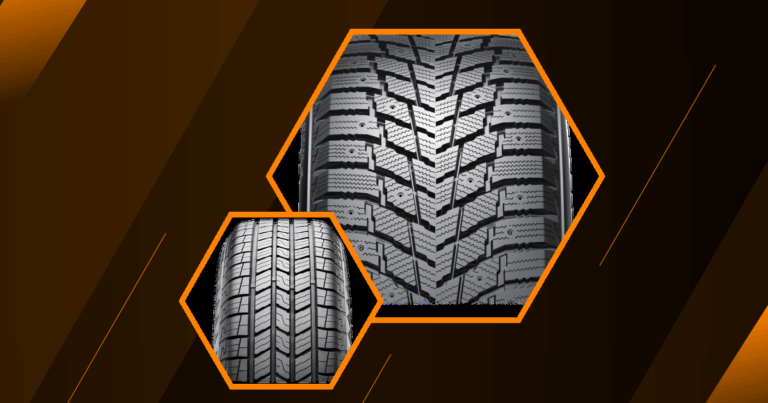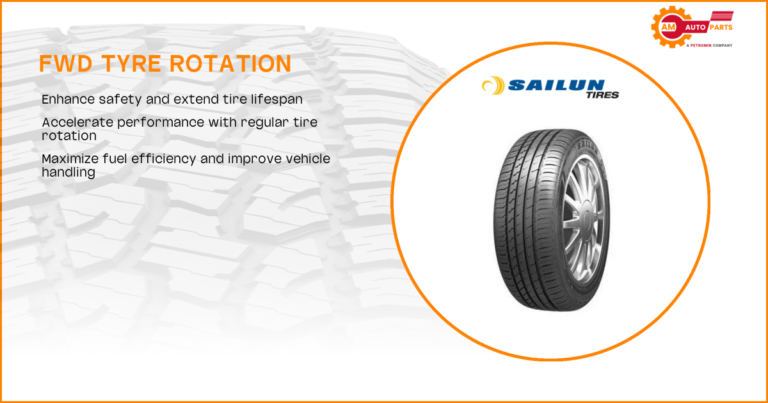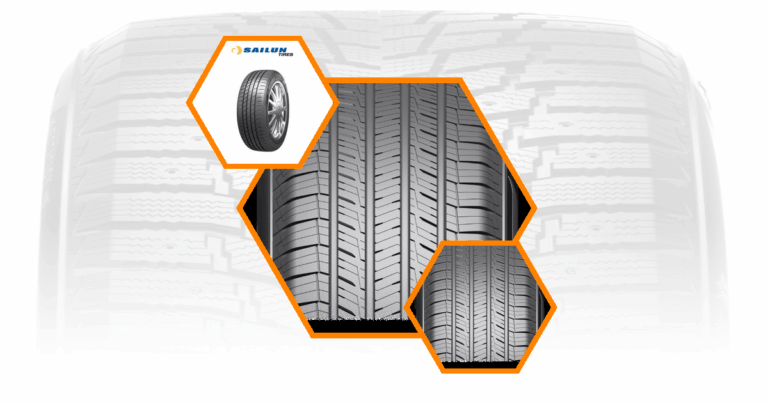When it comes to choosing the right tires for your vehicle, the decision can be daunting. With so many brands available, how do you know which one is the best fit for your needs? In this article, we will explore whether Firestone tires are better than Michelin, Goodyear, or Bridgestone by comparing their performance, durability, technology, and more.
Comparing Firestone to Top Tire Brands 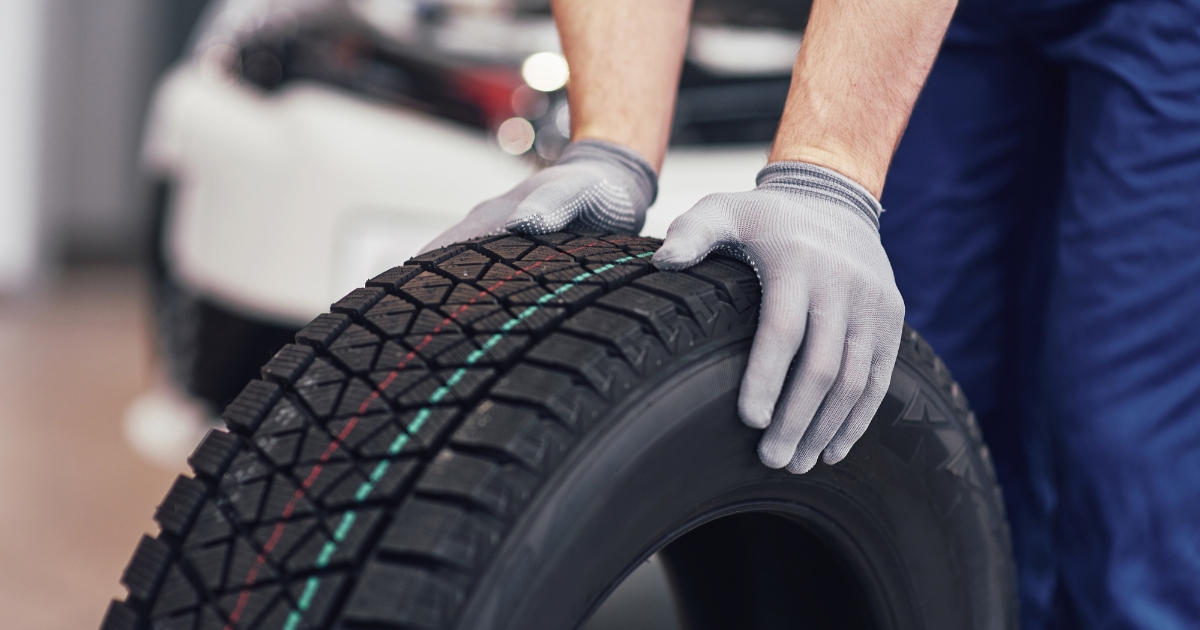
Firestone vs Michelin Performance
Firestone and Michelin are both renowned for their tire performance, but they cater to different needs. Firestone tires are known for their affordability and reliability, making them a popular choice for everyday drivers. On the other hand, Michelin is often praised for its superior performance, especially in high-performance and luxury vehicles.
- Firestone offers a range of tires suitable for various driving conditions.
- Michelin focuses on innovation and cutting-edge technology for enhanced performance.
- Both brands provide excellent traction and handling, but Michelin often edges out in high-speed stability.
Firestone vs Goodyear Durability
Durability is a crucial factor when selecting tires, and both Firestone and Goodyear have their strengths. Firestone tires are designed to withstand regular wear and tear, making them a cost-effective option for many drivers. Goodyear, however, is known for its robust construction and long-lasting tread life.
- Firestone provides a balance between durability and cost.
- Goodyear tires often come with advanced tread compounds for extended life.
- Both brands offer warranties, but Goodyear’s may cover more mileage.
Firestone vs Bridgestone Technology
Firestone and Bridgestone are part of the same company, yet they target different market segments. Firestone focuses on providing value-driven options, while Bridgestone emphasizes advanced technology and premium quality.
- Firestone offers reliable technology at a competitive price.
- Bridgestone invests in research and development for innovative tire solutions.
- Both brands benefit from shared technological advancements within the company.
Firestone Tire Advantages and Disadvantages
Pros of Choosing Firestone Tires
Firestone tires come with several advantages that make them appealing to a wide range of drivers. They are known for their affordability, making them an excellent choice for budget-conscious consumers. Additionally, Firestone offers a diverse selection of tires suitable for various driving conditions.
- Affordable pricing compared to premium brands.
- Wide range of tire options for different vehicles and conditions.
- Reliable performance for everyday driving needs.
How Do Firestone Tires Compare in Different Categories?
All-Season Tire Comparison
All-season tires are a popular choice for drivers seeking versatility. Firestone offers a range of all-season tires that provide reliable performance in various weather conditions. However, Michelin and Goodyear often lead in this category due to their advanced tread designs and superior traction.
- Firestone all-season tires offer good value for money.
- Michelin and Goodyear provide enhanced traction and handling.
- Consider your driving environment when choosing all-season tires.
Winter Tire Performance
Winter tires are essential for safe driving in snowy and icy conditions. Firestone’s winter tires are designed to offer dependable grip and control, but Michelin and Bridgestone are often preferred for their exceptional winter performance.
- Firestone winter tires provide adequate traction in cold conditions.
- Michelin and Bridgestone excel in extreme winter environments.
- Evaluate your winter driving needs before making a choice.
High-Performance Tire Options
For those seeking high-performance tires, Firestone offers options that deliver good handling and stability. However, Michelin and Bridgestone are often favored for their superior performance in this category, thanks to their focus on advanced technology and design.
- Firestone high-performance tires offer a balance of cost and performance.
- Michelin and Bridgestone provide cutting-edge technology for enhanced performance.
- Consider your vehicle’s performance requirements when selecting tires.
Tire Costs and Value Comparison
Average Price Points for Major Brands
When comparing tire costs, Firestone is generally more affordable than Michelin, Goodyear, and Bridgestone. This makes Firestone an attractive option for budget-conscious consumers who still want reliable performance.
| Brand | Average Price Range |
| Firestone | $80 – $150 |
| Michelin | $120 – $250 |
| Goodyear | $100 – $200 |
| Bridgestone | $110 – $230 |
Warranty Coverage Differences
Warranty coverage is an important consideration when purchasing tires. Firestone offers competitive warranties, but Michelin and Goodyear often provide more extensive coverage, reflecting their confidence in product durability.
- Firestone offers standard warranty coverage.
- Michelin and Goodyear provide longer mileage warranties.
- Review warranty terms to ensure they meet your needs.
Long-Term Value Considerations
When evaluating long-term value, consider factors such as tread life, performance, and cost. Firestone offers good value for everyday driving, but Michelin and Bridgestone may provide better long-term performance and durability.
- Firestone offers cost-effective solutions for daily driving.
- Michelin and Bridgestone may offer better long-term performance.
- Assess your driving habits and needs for the best value.
Choosing the Right Tire for Your Vehicle
Factors to Consider When Selecting Tires
Selecting the right tires involves considering several factors, including your driving habits, vehicle type, and budget. Firestone offers a range of options that cater to different needs, but it’s essential to evaluate your specific requirements.
- Consider your driving environment and conditions.
- Evaluate your vehicle’s performance needs.
- Balance cost with desired features and performance.
Matching Tires to Driving Conditions
Matching your tires to your driving conditions is crucial for safety and performance. Firestone provides options for various conditions, but Michelin and Goodyear may offer specialized solutions for extreme environments.
- Firestone offers versatile options for different conditions.
- Michelin and Goodyear provide specialized tires for specific needs.
- Assess your typical driving conditions for the best match.
Importance of Proper Tire Size and Specs
Ensuring you have the correct tire size and specifications is vital for optimal performance and safety. Firestone offers a wide range of sizes, but always consult your vehicle’s manual or a professional to ensure compatibility.
- Firestone provides a variety of tire sizes and specs.
- Consult your vehicle’s manual for recommended sizes.
- Proper sizing ensures safety and performance.
Tire Performance in Various Conditions
Wet Road Traction Comparison
Wet road traction is a critical factor for safety, and Firestone offers tires with reliable wet performance. However, Michelin and Goodyear often excel in this area due to their advanced tread designs and compounds.
- Firestone provides dependable wet traction.
- Michelin and Goodyear offer superior wet performance.
- Consider your local climate when choosing tires.
Dry Handling and Cornering
For dry handling and cornering, Firestone tires offer good stability and control. However, Michelin and Bridgestone are often preferred for their exceptional handling capabilities, especially in high-performance scenarios.
- Firestone offers stable dry handling.
- Michelin and Bridgestone excel in high-performance handling.
- Evaluate your driving style for the best handling choice.
Off-Road and All-Terrain Capabilities
Firestone provides options for off-road and all-terrain driving, but Goodyear and Bridgestone are often favored for their specialized off-road tires. These brands offer enhanced durability and traction for challenging terrains.
- Firestone offers reliable all-terrain options.
- Goodyear and Bridgestone provide specialized off-road tires.
- Consider your off-road needs when selecting tires.
Tire Technology and Innovation
Latest Advancements in Tire Design
Firestone continues to innovate with new tire designs, but Michelin and Bridgestone often lead in cutting-edge technology. These brands invest heavily in research and development to offer the latest advancements.
- Firestone offers modern tire designs.
- Michelin and Bridgestone lead in technological innovation.
- Stay informed about new tire technologies for better performance.
Eco-Friendly and Fuel-Efficient Options
Eco-friendly and fuel-efficient tires are becoming increasingly important, and Firestone offers options that cater to this demand. However, Michelin and Goodyear often provide more advanced solutions for reducing environmental impact.
- Firestone offers eco-friendly tire options.
- Michelin and Goodyear lead in fuel-efficient technologies.
- Consider environmental impact when choosing tires.
Run-Flat Technology Comparison
Run-flat technology allows drivers to continue driving after a puncture, and Firestone offers some options in this category. However, Michelin and Bridgestone are often preferred for their advanced run-flat solutions.
- Firestone provides basic run-flat options.
- Michelin and Bridgestone offer advanced run-flat technology.
- Evaluate your need for run-flat tires based on driving conditions.
Customer Satisfaction and Reviews
Consumer Reports Ratings
Consumer Reports often provide valuable insights into tire performance and satisfaction. Firestone generally receives positive reviews for its affordability and reliability, but Michelin and Goodyear often score higher for performance and innovation.
- Firestone receives positive ratings for value.
- Michelin and Goodyear often lead in performance ratings.
Tire Maintenance and Longevity
Tread Life Expectations
Tread life is a key factor in tire longevity, and Firestone offers competitive tread life for its price range. However, Michelin and Bridgestone often provide longer-lasting tread due to advanced compounds and designs.
- Firestone offers good tread life for the price.
- Michelin and Bridgestone provide extended tread life.
- Consider tread life expectations when purchasing tires.
Proper Tire Care Tips
Proper tire care is essential for maximizing performance and longevity. Regular maintenance, such as rotation and alignment, can extend the life of Firestone tires and ensure safe driving.
- Regularly check tire pressure and alignment.
- Rotate tires to ensure even wear.
- Follow manufacturer guidelines for tire care.
When to Replace Your Tires
Knowing when to replace your tires is crucial for safety. Firestone recommends replacing tires when tread depth reaches 2/32 of an inch, similar to industry standards. Regular inspections can help identify wear and potential issues. Sailun Chinese tiremaker makes tires for cars and trucks They sell their tires in many countries around the world Premium UAE tyres are high-quality tires made for cars in the United Arab Emirates These tires are designed to handle the hot desert climate and provide a smooth ride on UAE roads
Urban versus rugged SUV rubber City SUVs have smoother tires for quiet rides on paved roads while off-road SUVs use tougher tires with deep grooves to grip dirt and rocks
- Replace tires when tread depth is 2/32 of an inch.
- Regularly inspect tires for wear and damage.
- Follow manufacturer recommendations for replacement.
Specialized Tires for Different Vehicles
Best Options for Sedans and Passenger Cars
For sedans and passenger cars, Firestone offers a range of tires that provide reliable performance and comfort. However, Michelin and Goodyear often offer more specialized options for enhanced performance and luxury.
- Firestone provides reliable options for sedans.
- Michelin and Goodyear offer specialized performance tires.
- Consider your vehicle type when selecting tires.
SUV and Truck Tire Recommendations
SUV and truck drivers require tires that can handle heavier loads and diverse conditions. Firestone offers durable options, but Bridgestone and Goodyear are often preferred for their robust construction and off-road capabilities.
- Firestone offers durable SUV and truck tires.
- Bridgestone and Goodyear provide specialized off-road options.
- Evaluate your vehicle’s needs for the best tire choice.
Performance Tires for Sports Cars
Sports car enthusiasts seek tires that offer exceptional handling and speed. Firestone provides performance options, but Michelin and Bridgestone are often favored for their advanced technology and superior performance.
- Firestone offers performance tires for sports cars.
- Michelin and Bridgestone lead in high-performance options.
- Consider your sports car’s performance needs when choosing tires.
In conclusion, whether Firestone tires are better than Michelin, Goodyear, or Bridgestone depends on your specific needs and preferences. Each brand has its strengths, and the best choice will vary based on factors such as performance, durability, and cost. By considering these aspects and consulting independent reviews, you can make an informed decision that suits your driving requirements.ce.
FAQ’s
Are Firestone tires good quality?
Firestone tires are considered good quality, offering reliable performance and affordability. They are a popular choice for everyday drivers seeking dependable tires without breaking the bank. However, they may not match the high-performance capabilities of some premium brands.
Which is better Firestone or Michelin tires?
The choice between Firestone and Michelin depends on your specific needs. Firestone offers affordability and reliability, making them suitable for budget-conscious drivers. Michelin, however, is known for superior performance and advanced technology, often preferred for high-performance and luxury vehicles.
Is Firestone owned by Bridgestone?
Yes, Firestone is owned by Bridgestone. Bridgestone acquired Firestone in 1988, and both brands benefit from shared technological advancements and resources. Despite being part of the same company, they target different market segments with distinct product offerings.
Are Firestone tires made in USA?
Many Firestone tires are made in the USA, with manufacturing facilities located across the country. This domestic production supports local economies and ensures quality control. However, some Firestone tires may also be produced in other countries to meet global demand.

